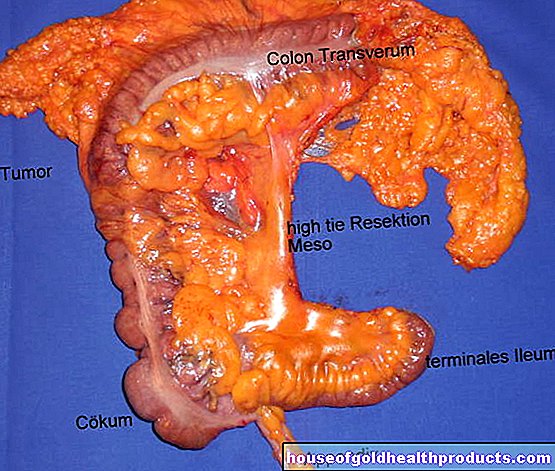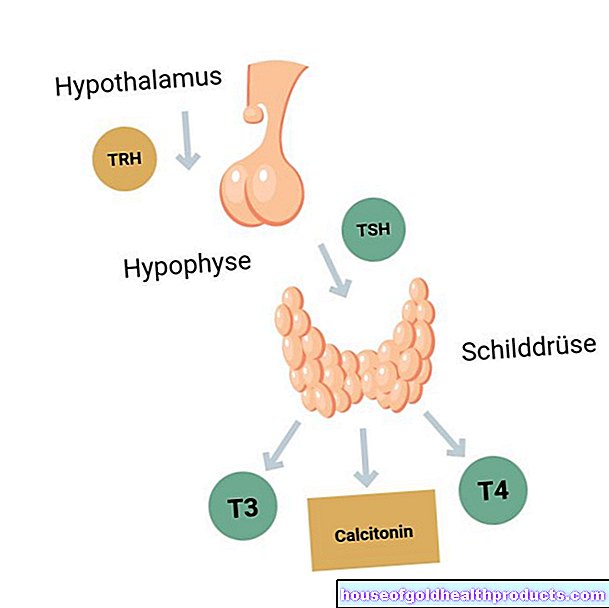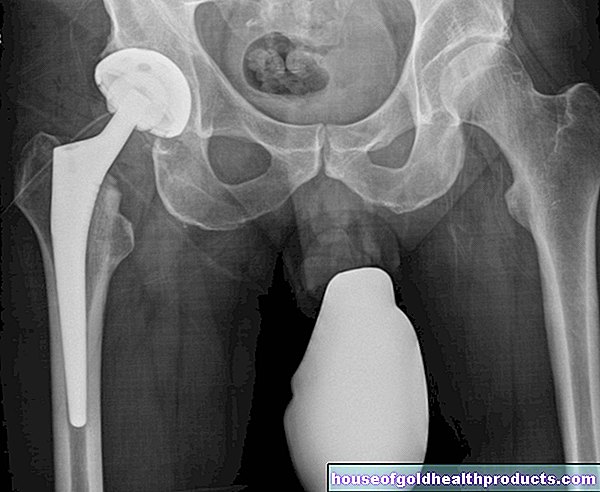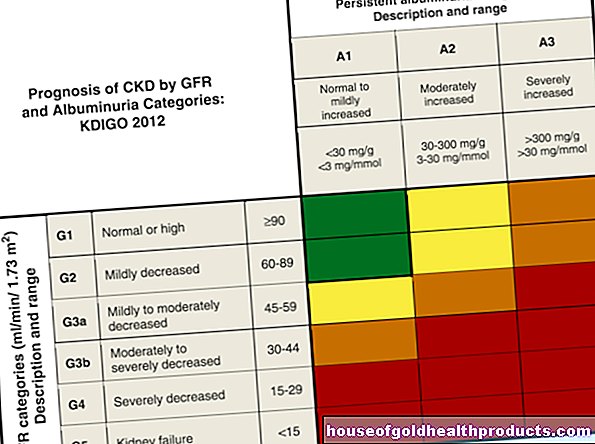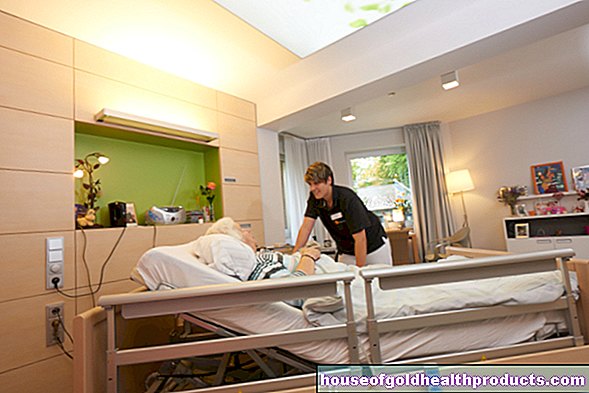Music calms dementia sufferers
Christiane Fux studied journalism and psychology in Hamburg. The experienced medical editor has been writing magazine articles, news and factual texts on all conceivable health topics since 2001. In addition to her work for, Christiane Fux is also active in prose. Her first crime novel was published in 2012, and she also writes, designs and publishes her own crime plays.
More posts by Christiane Fux All content is checked by medical journalists.Relaxing music also has a calming effect when the brain is already severely damaged by Alzheimer's.
“People with dementia are confronted with a world that is alien to them. They're often disoriented and scared, ”says Jeff Anderson, a radiologist at the University of Utah. One way to get through to them is apparently music. Familiar and calming sounds activate the so-called attention network, which is still largely functional even with advanced dementia.
Personalized soundtrack
Together with colleagues, Anderson put together an individual music program for 17 dementia patients, with pieces that were familiar to them. "If you play the music through headphones, excited and anxious patients calm down again," explains the researcher. Others, who were more depressed, became more lively again through the music.
Stimulated brain functions
In a functional magnetic resonance tomograph (fMRI), the researchers observed that the music stimulated the brains of the demented test subjects strongly and allowed entire regions to communicate with one another.
"The personalized soundtracks seem to be an alternative way to communicate with Alzheimer's patients," says Norman Foster, the study's senior author.
Music grounds the patient
Speech and visual memory are soon lost as the disease progresses, but personalized music programs keep the brain active for a long time. Patients who have lost touch with their environment benefit from this in particular. “Music acts like an anchor. It grounds the patient back into reality, ”says Foster.
It is still unclear whether the activation only lasts while listening to music or whether it has a long-term positive effect. The researchers want to find out in further studies with larger patient groups.
1.6 million dementia patients
According to the German Alzheimer's Society, almost 1.6 million people with dementia currently live in Germany. Two thirds of them have Alzheimer's. As the proportion of old people increases, so does the number of people with dementia. Around 300,000 people are currently diagnosed with Alzheimer's or another form of dementia every year.
Tags: stress dental care palliative medicine











